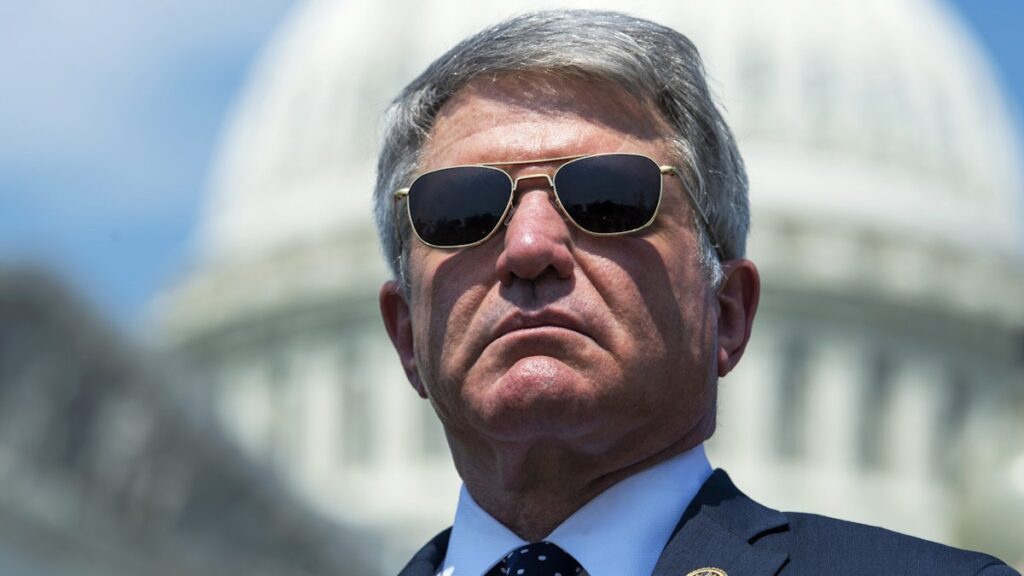In blistering remarks, House Foreign Affairs Committee Chairman, Michael McCaul (R-TX), gave a scorching critique of President Joe Biden for his comments pertaining to the withdrawal from Afghanistan. Biden’s insistent stand about being ‘right’ on Afghanistan—despite contrary evidence from his own administration—set the stage for a contentious and unmissable debate, demonstrating the political complexities that follow major military decisions.
McCaul’s response came in light of a Sunday interview with CNN, where he countered Biden’s earlier declarations about being correct in his Afghanistan assessments. A few weeks prior, the president had negated claiming any errors during the withdrawal.
Echoing shocking disbelief about Biden’s stance, McCaul stated, “It’s a little bit eerie that a president of the United States would have so — be so disillusioned about what’s happening on the ground in Afghanistan. The idea that al Qaeda is gone is devoid of reality.”
Supporting McCaul’s stand were statements from the Defense Secretary and Joint Chiefs of Staff, Milley, highlighting the rise of al Qaeda in Afghanistan post-withdrawal. The disconnect between acknowledged security verities and the president’s denial was striking.
Further underscoring the severity of this discord were revelations about Ayman al-Zawahiri, Al Qaeda’s second-in-command—found being sheltered in Afghanistan by the Haqqani Network, essentially an extension of Al Qaeda itself. This startling revelation occurred right after the U.S. withdrawal, undermining Biden’s claim that al Qaeda was ‘gone’ and that the Taliban were providing ‘help’.
The brazen confidence in Biden’s assertions in contrast to the growing security concerns, McCaul asserts, underlines the president being “devoid of his own foreign policy.” In his condemnation, McCaul underscored this state of affairs as a “huge foreign policy blunder.”
Over the years, the U.S.’s involvement in Afghanistan has sparked considerable controversy, with varied perspectives vying for cognitive space. Biden’s insistence on his rationale about withdrawal, weighed against McCaul’s pointed critique, exemplifies the schism that evidently remains within U.S. politics even after physical disengagement from Afghanistan.
McCaul’s visceral disapproval of Biden’s comments raises paramount questions about the trajectory of U.S. foreign policy. The acceptance—or denial—of ground realities underpins effective decision-making, setting the tone for future actions. Straddling the delicate balance of admitting past errors and building an informed path forward remains the crux of leading a superpower such as the U.S.
In conclusion, this unfolding series of events poses significant challenges that may shape the course of U.S. foreign policy. The determination about the ‘correctness’ of the Afghanistan withdrawal is more than a matter of political point-scoring—it reflects the nuanced understanding of the ever-shifting dynamics of international relations. As the dust settles on McCaul’s remarks, one thing remains clear: the ceding of American presence in Afghanistan may be complete, but the implications and reverberations of this monumental decision are far from over.



